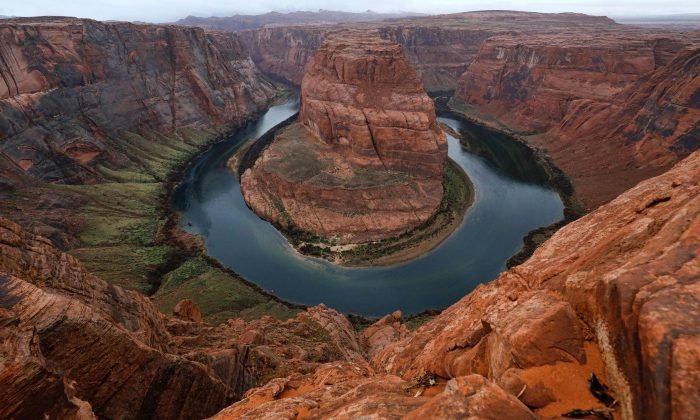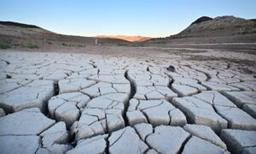Compensation Offered to Farmers in 4 US States for Reducing Water Consumption
The program is designed to conserve water amid long-term drought conditions in the Upper Colorado River Basin.
Farmers in Colorado, Wyoming, Utah, and New Mexico will be able to receive compensation in return for cutting back on their water usage after water conservation programs in the states were extended into next year.
The System Conservation Pilot Program (SCPP) first ran from 2015 to 2018 as a trial aimed at supporting projects that could offer potential solutions, such as voluntary, temporary, and compensated water cuts to address declining water levels in Lake Mead and Lake Powell due to long-term drought conditions in the Upper Colorado River Basin.
Approximately 47,200 acre-feet of water from the Upper Basin states was ultimately preserved.
As part of the program, water users, including farmers, are compensated to reduce water temporarily, allowing them to “be part of the solution for sustainable water use in the Colorado River system without losing their water rights or livelihoods,” according to the Colorado River Authority of Utah.
The program is “not a ‘buy and dry’ program intended to push people out of agriculture. Instead, the program provides water users with another tool to add additional value and stability to their operations,” the authority states.

Simplified Compensation Structure
In January of this year, the federal government reauthorized the System Conservation Pilot program (pdf) and granted Upper Basin states up to $125 million from the Biden administration’s Inflation Reduction Act to spend on water reduction projects between 2023 and 2026.
However, low participant levels resulted in roughly $16 million invested and 37,810 acre-feet of water saved, compared to the Colorado River’s annual flow of about 12 million acre-feet, according to multiple reports.
Despite the lack of participation, commissioners from the other Upper Basin states voted unanimously to continue the farmer compensation aspect of the program during a meeting, this time providing a more transparent and straightforward, fixed-price compensation structure.
Under the newly revised program, officials from all four states are now offering farmers and ranchers a base rate of up to $150 per acre-foot of water saved, The Colorado Sun reports.
Farmers, Ranchers Concerned Over Program
While advocates are praising the program, others say the plan to compensate farmers has, thus far, not had much success.
Elizabeth Koebele, who studies water policy at the University of
Source link
- Democrats shown to prioritize public safety over corporate profits as Target stores close and Lululemon incidents occur
- Arrest Warrant Request for Opposition Leader Dismissed by South Korean Court






